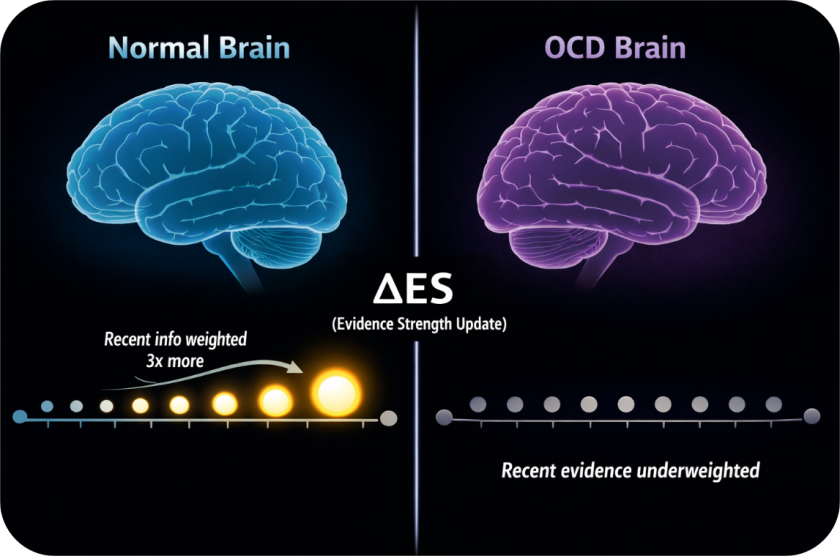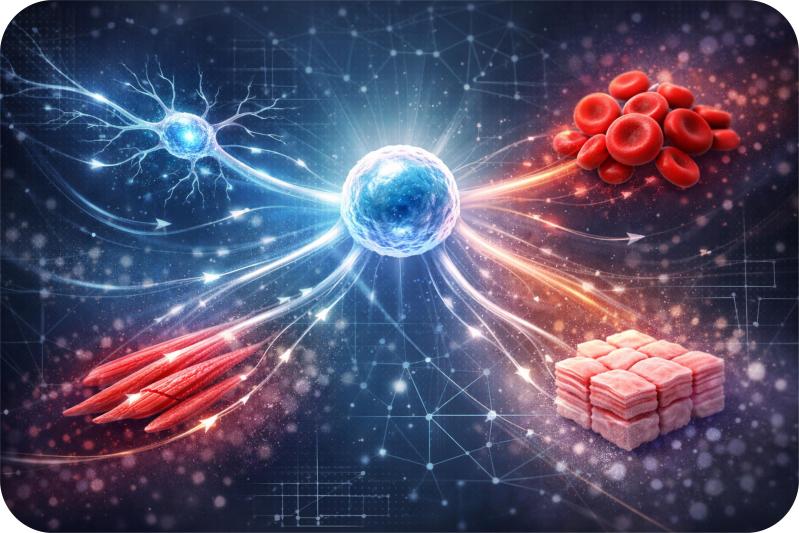Most of the people consume caffeine in one form or the other, which help them to be focused and alert. Caffeine is found in a variety of products from coffee, tea, soda, energy drinks, OTC pain relievers, cocoa, chocolate bars and any other food and beverage products stamped with some type of the word “energy”. And therefore, caffeine is said to be widely consumed drug in the world. This caffeine addiction may lead a person suffer withdrawal symptoms and are reluctant to cut down on their caffeine intake.
As per the research done at American University and lead by Laura Juliano, professor in psychology, people suffering from withdrawal symptoms could not cut down of caffeine intake, even when they have other conditions which may be directly affected by high caffeine consumption such as a pregnancy, a heart ailment or a bleeding problem. Health professional has named the condition as Caffeine Use Disorder for any individual involved in the use of the stimulant and such cases may call for medical attention.
Juliano said in the article EurekAlert:
The negative effects of caffeine are often not recognized as such because it is a socially acceptable and widely consumed drug that is well integrated into our customs and routines. And while many people can consume caffeine without harm, for some it produces negative effects, physical dependence, interferes with daily functioning and can be difficult to give up, which are signs of problematic use.
For the study, Juliano and the team used references from previously published research materials on caffeine to exhibit biological proof for caffeine addiction along with important physical and cognitive symptoms related to a caffeine addicted individuals. And they hope to frame an agenda to aid all the future researches on the topic.
The problem is now being taken seriously and even the American Psychiatric Association accepted Caffeine Use Disorder as a health issue which require further research works to be conducted.
Giving up addiction was not perceived to be a difficult task. However, a population based survey reports that more than 50 percent of caffeine users face difficulty in reducing or quitting caffeine use.
And an in depth genetics research may provide better insight in explaining the effects of caffeine on well being and pregnancy.
Juliano suggests that a healthy person should refrain from consuming more than 400 mg of caffeine per day and 200 mg per during pregnancy. The caffeine use should be strictly minimized by persons suffering anxiety or insomnia, high blood pressure, urinary incontinence or heart disorders.
Based on the study it is advisable to reduce caffeine consumption. And just like smokers who are unable to give up smoking, often take outside help to quit smoking, caffeine addicts should opt for formal treatment to quit. How much of caffeine are you consuming per day?Caff
Photo credit: Laboratory Equipment




